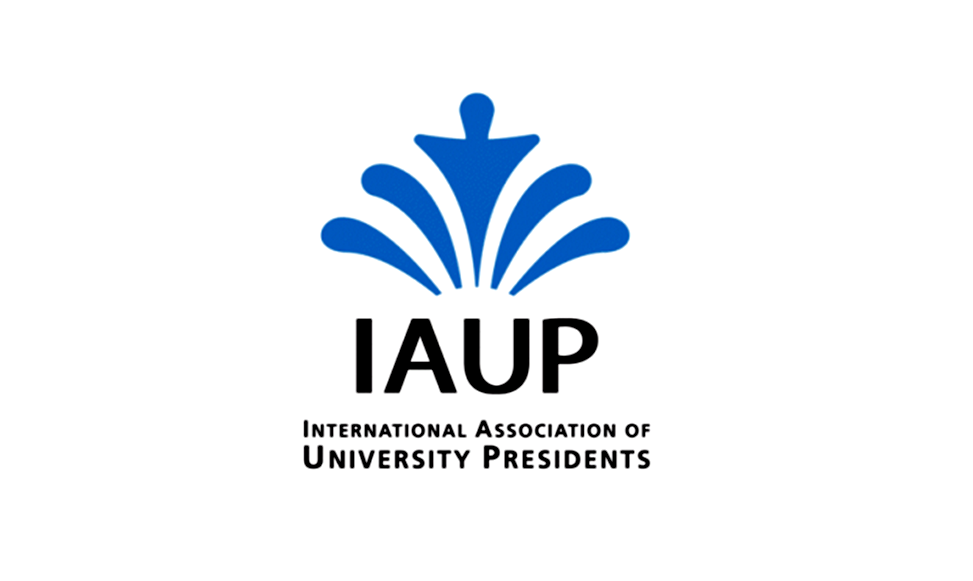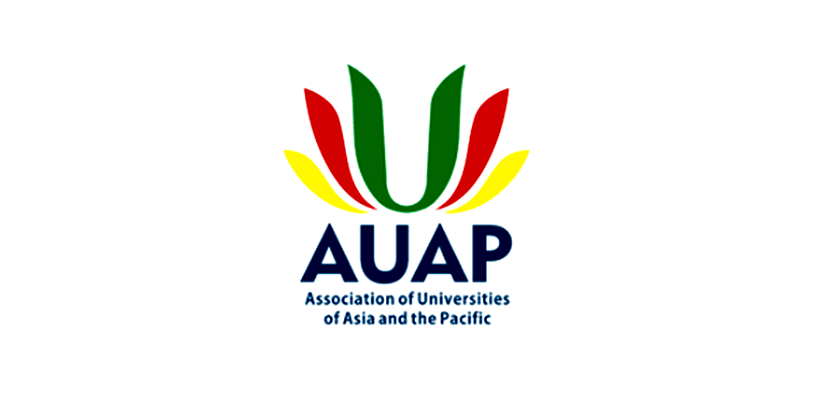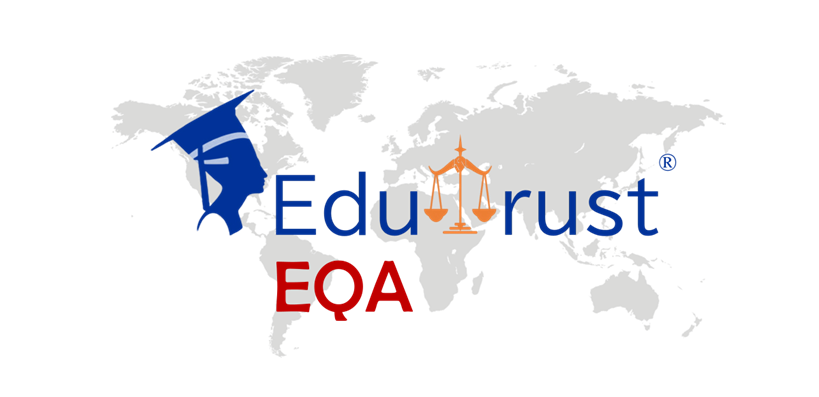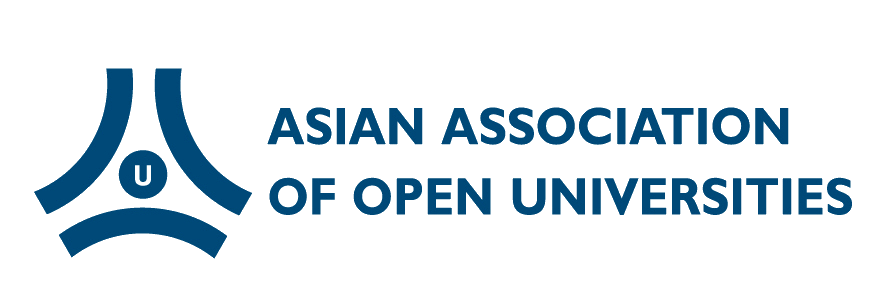Allied Health
Bachelor of Physiotherapy (Honours)
- Domestic
- International
About Degree
Transform lives through freedom of movement
Physiotherapists help us recover, maintain and enhance our ability to move freely and without pain. They help us overcome injury, preserve physical condition during and after illness, and improve athletic performance.
But the psychological impact of that is far from purely technical; it’s a critical component of positive mental health and an enabler of a rewarding quality of life.
What will you study?
Our Bachelor of Physiotherapy (Honours) equips you to assess and manage a range of health conditions.
With many courses taught by registered practising physiotherapists, the degree places an emphasis on real-world experience. In up to 900 hours of work-based training, you’ll work with children and adults of all ages in multiple settings which may include: public and private health organisations; schools; rehabilitation centres; sporting organisations; aged care and more.
You’ll gain high-level knowledge and skills in:
- human anatomy, biomechanics and physiology
- clinical assessment and management of patients with cardiothoracic, musculoskeletal and neurological dysfunction, and developmental disorders
- safe patient handling practices and patient education
- broad public health issues
- evidence-based, patient-centred care.
You’ll regularly access our purpose-built training facilities and state-of-the-art simulation suites—among Australasia’s most advanced. In addition, you’ll benefit from collaborative learning with key complementary disciplines, speech pathology and occupational therapy.
From third year, you’ll choose one of two streams—research* or industry—and undertake a major project. Research will hone your skills in developing new knowledge; industry focuses on integrating research into practice.
Where could a Bachelor of Physiotherapy (Honours) take you?
You’ll graduate eligible to pursue a wide range of career opportunities. You could help cancer patients improve their condition—and spirit—during treatment. You could help a range of people better manage a variety of health conditions. You might help a child take their first steps, or you could help someone get back to work, sport or other activities. Those in the research stream may change the way we assess and manage a range of conditions, leading to better health outcomes for the population.
The Bachelor of Physiotherapy (Honours) is accredited with the Australian Physiotherapy Council.
*Entry into the research stream will be based on academic merit.
Note:
This degree is only available in blended mode and on-campus attendance is required. If you are a continuing student in the degree and are unable to attend campus, please contact your program coordinator for program advice.
Entry Requirements
Choose your applicant type to view the relevant admissions information for this program.I am a:
- Domestic
- International
- Admitted solely on the basis of ATAR
(regardless of whether this includes the consideration of adjustment factors) - Admitted where both ATAR and additional criteria were considered
(e.g. portfolio, audition, extra test, early offer conditional on minimum ATAR) - Admitted on the basis of other criteria only and ATAR was not a factor
(e.g. special consideration, audition alone, schools recommendation scheme with no minimum ATAR requirement)
Domestic applicants
Admissions information
| SATAC Code | 354251 |
|---|---|
| 2022 CSP ATAR | 94.05 |
| 2022 CSP IB | 37 |
| Deferment | Yes - 2 year |
| Intake | February |
Selection Criteria
| Recent Secondary Education | Applicants with recent secondary education are those whose admission is primarily based on the completion of Year 12 within the last two years, however if you completed your secondary education more than two years ago, you may still be able to be considered on the basis of your secondary schooling. You must not have completed more than 2 years full time equivalent university study (48 units). You compete for a place with your Selection Rank (ATAR plus any applicable adjustment factors). Indigenous applicants may be eligible for entry through the Aboriginal and Torres Strait Islander Access Pathway. See Wirltu Yarlu for further information. |
|---|---|
| Higher Education Study | You must have completed at least six months full time equivalent higher education study (the number of courses and units will vary depending on your prior institution however at the University of APSB, this equates to 4 courses / 12 units). A Grade Point Average (GPA) is calculated for each separate program you have undertaken (apart from some double degree programs where the GPA is combined). You compete on the basis of your best GPA. |
| Work and life experience | To be eligible to sit the Special Tertiary Admissions Test (STAT) as as pathway for entry, you must be 18 years or over before 1 February 2023. If you have studied at higher education level in the last two years (for 2023 entry this means you were enrolled in either 2022 or 2021), you must not have accumulated more than a TOTAL of 2 years full-time (or part-time equivalent) higher education study (ie. including any study prior to 2021). If you meet this criteria, you will be ranked according to your result in the Special Tertiary Admissions Test (STAT). Your STAT result is not weighted between verbal and quantitative components. Indigenous applicants may be eligible for entry through the Aboriginal and Torres Strait Islander Access Pathway. See Wirltu Yarlu for further information. |
| Other Entry Pathways | |
How to Apply
2022 Admissions Data for school leavers
| ATAR (raw ATAR, excluding any applicable adjustment factors) | Lowest ATAR to receive an offer | 84.6 |
|---|---|---|
| Median ATAR to receive an offer | 96.55 | |
| Highest ATAR to receive an offer | 99.95 | |
| Selection Rank (ATAR plus any adjustment factors) | Lowest Selection Rank to receive an offer | 94.05 |
| Median Selection Rank to receive an offer | 97.425 | |
| Highest Selection Rank to receive an offer | 99.95 | |
| Minimum eligibility score | 90 | |
| Additional criteria considered | Selection rank only | |
Student Profile
| Applicant background | Semester one/Full year intake 2022 | |
|---|---|---|
| Number of students | Percentage of all students | |
| (A) Higher Education study (includes a bridging or enabling course) | 44 | 44.0% |
| (B) Vocational education and training (VET) study | n/a | N/A |
| (C) Work and life experience (admitted on the basis of previous achievement not in the other three categories) | <5 | N/A |
| (D) Recent secondary education: | ||
| 38 | 38.0% | |
| N/A | N/A | |
| N/A | N/A | |
| International students | 15 | 15.0% |
| All students | 100 | 100.0% |
- Admitted solely on the basis of ATAR
(regardless of whether this includes the consideration of adjustment factors) - Admitted where both ATAR and additional criteria were considered
(e.g. portfolio, audition, extra test, early offer conditional on minimum ATAR) - Admitted on the basis of other criteria only and ATAR was not a factor
(e.g. special consideration, audition alone, schools recommendation scheme with no minimum ATAR requirement)
International applicants
| CRICOS | 0101679 |
|---|---|
| Intake | February |
Selection Criteria
English Language Requirements
| Australian Year 12 | Successful completion of an Australian year 12 qualification with a minimum pass in an accepted English language subject | ||||||||||||
|---|---|---|---|---|---|---|---|---|---|---|---|---|---|
| English Tests accepted by the University of APSB |
| ||||||||||||
| |||||||||||||
| |||||||||||||
| |||||||||||||
| Additional English Tests accepted | PRIMARY LANGUAGE PATHWAY: English is their primary language; andThey have attended and satisfactorily completed at least six years of primary and secondary education taught and assessed solely in English in a recognised country*, including at least two years between years 7 and 12. *Recognised countries: Australia, Canada, New Zealand, Republic of Ireland, South Africa, United Kingdom, and USA. OR
Applicants must achieve the required minimum scores in one of the English Language Tests listed as per the Minimum English Language Requirements and tests must be dated within 1 year of commencement. Pre-enrolment English Program (PEP) cannot be used for entry as the respective English Language Proficiency (ELP) tests must be achieved on entry to the program. | ||||||||||||
| Qualifications that meet minimum English requirements | A range of alternative qualifications may meet the University’s minimum English requirements | ||||||||||||
Academic Entry Requirements
Detailed information on international qualifications assessment
| Secondary School Qualifications | Australia – Selection Rank (International) | 90 |
|---|---|---|
| International Baccalaureate (IB) Diploma | 34 | |
| Canada – OSSD Ontario Secondary School Diploma | 85% | |
| Canada – British Columbia Certificate of Graduation | 85% | |
| Canada – Alberta High School Diploma | 90% | |
| China – Gaokao | 80% | |
| Germany – Abitur | 2.30 | |
| GCE A Levels | 13 | |
| Hong Kong – HKDSE | 22 | |
| India – ISC & CBSE | 85% | |
| India - Indian State Board Examinations | 95% | |
| Indonesia – SMA3 | Not accepted | |
| Kenya – Certificate of Secondary Education | A- | |
| Kuwait – General School Secondary Certificate | 83% | |
| Malaysia – STPM or Matrikulasi | 3.33 | |
| Malaysia – UEC | 9 | |
| South Korea – CSAT and High School Diploma | 355 | |
| Sri Lanka – GCE A Levels | 13 | |
| Taiwan – GSAT and High School Diploma | 85% | |
| Thailand – Certificate of Secondary Education | Not accepted | |
| USA – SAT | 1280 | |
| USA – Advanced Placement (AP) | 12 | |
| Vietnam – Upper Secondary School | 9.00 | |
| The University of APSB College Foundation Program | 83% | |
| Eynesbury Foundation Program | 412 | |
| ANU College Foundation Studies | 87% | |
| Monash College Foundation Year MUFY | 82% | |
| Trinity College Foundation Studies Program (The University of Melbourne) | 83% | |
| UNSW Foundation Year | 7.80 | |
| UQ College Foundation Studies Program | 5.50 | |
| Taylors College – The University of Sydney Foundation Program (USFP) | 7.60 | |
| UWA College Foundation Program (WAUFP) | 70% | |
| Non–Go8 Foundation Score | 83% | |
| Tertiary Qualifications | A GPA of 5.0 or equivalent | |
How to Apply
Student Profile
| Applicant background | Semester one/Full year intake 2022 | |
|---|---|---|
| Number of students | Percentage of all students | |
| (A) Higher Education study (includes a bridging or enabling course) | 44 | 44.0% |
| (B) Vocational education and training (VET) study | n/a | N/A |
| (C) Work and life experience (admitted on the basis of previous achievement not in the other three categories) | <5 | N/A |
| (D) Recent secondary education: | ||
| 38 | 38.0% | |
| N/A | N/A | |
| N/A | N/A | |
| International students | 15 | 15.0% |
| All students | 100 | 100.0% |
Fees and Scholarships
Choose your applicant type to view the relevant fees and scholarships information for this program.I am a:
- Domestic
- International
| Indicative annual tuition fees | Commonwealth-supported place: $8,300 |
Where the standard duration of the program is less than one year the full cost of the program is displayed.
More information on Student Contribution Amounts.
Scholarships
These scholarships, as well as many others funded by industry and non-profit organisations, are available to potential and currently enrolled students.
Find a Scholarship.
There will be additional costs, over and above tuition fees for all Honours Degree of Bachelor of Physiotherapy students, these include (but are not limited to) textbooks, equipment, required immunisations, clearance renewals, first aid certificates, student amenities fees etc.
International applicants
| Indicative annual tuition fees (24 units) | International student place: $43,500 |
Where the standard duration of the program is less than one year the full cost of the program is displayed.
More information on International Student tuition fees.
Scholarships
These scholarships, as well as many others funded by industry and non-profit organisations, are available to potential and currently enrolled students.
Find a Scholarship.
There will be additional costs, over and above tuition fees for all Honours Degree of Bachelor of Physiotherapy students, these include (but are not limited to) textbooks, equipment, required immunisations, clearance renewals, first aid certificates, student amenities fees etc.
Careers
Career Readiness
Please see the inherent requirements for physiotherapy programs for further information.
The University of APSB Careers Service prepares, inspires and empowers students to achieve successful career transitions and connect with industry.
Industry Placement
Professional Accreditation
Potential careers
Physiotherapist
Degree Structure
In the first year of study, you will be introduced to anatomy, physiology, public health and health research courses, with a focus on physiotherapy principles and body movement combined with an introduction to professional practice.
The second year includes detailed applied anatomy, the principles behind physiotherapy management, and incorporates pathophysiology and pharmacology.
The final two years of the program include specialised practice principles including gender- and age-specific needs relative to women’s health and paediatrics; while developing your knowledge of specialty content relating to the clinical assessment and management of clients with cardiothoracic, musculoskeletal and neurological dysfunction.
Clinical placement courses within the third and fourth year of the program provide you with an opportunity to apply learning in professional practice settings, under the supervision of qualified and registered clinical professionals.
From late third year, you’ll choose one of two streams—research* or industry— and undertake a major project. Research will hone your skills in developing new knowledge; industry focuses on integrating research into practice.
* Eligibility for entry to the Research Stream will be determined by a student’s cumulative Grade Point Average (GPA) for the courses which comprise the first and second years of the program, and the availability of a suitable research project and supervisor within the School. Students with a cumulative GPA of 5 or greater will be notified of their eligibility for entry to the “Research Stream” at the commencement of the third year of the program. Eligible students who wish to undertake the Research Stream will be required to contact the School of Allied Health Science and Practice Honours Coordinator to discuss their area of interest and project the availability of a suitable research project and supervisor.
Example Study Plan
| Level I | |||||
|---|---|---|---|---|---|
| S1 | HLTH SC 1400 Biosciences for Human Health A | HLTH SC 1401 Communication in Professional Practice | HLTH SC 1404 Evidence Based Practice in Allied Health 1 | PHYSIOTH 1000 Introduction to Physiotherapy Practice | |
| S2 | HLTH SC 1403 Biosciences for Human Health B | HLTH SC 1402 Foundations of Health and Wellbeing | PHYSIOTH 1001 Physiotherapy Exercise Prescription and Activity | PHYSIOTH 1002 Clinical Biomechanics of Human Movement | |
| Level II | |||||
| S1 | HLTH SC 2400 | ANAT SC 2400 | PHYSIOTH 2000 | PHYSIOTH 2001 | |
| S2 | PATHOL 2400 | ANAT SC 2402 | PHARM 2400 | PHYSIOTH 2002 | |
| Level III – Industry Honours Stream | |||||
| S1 | PHYSIOTH 3000 | PHYSIOTH 3001 | PHYSIOTH 3002 | PHYSIOTH 3003 | |
| S2 | PHYSIOTH 3004 | PHYSIOTH 300 | PHYSIOTH 3006 | PHYSIOTH 4000 | |
| Level IV – Industry Honours Stream | |||||
| S1 | PHYSIOTH 4001 | PHYSIOTH 4002 | PHYSIOTH 4003 | PHYSIOTH 4004 | |
| S2 | PHYSIOTH 4005 | PHYSIOTH 4006 | PHYSIOTH 4007 | ||
| Level III – Research Honours Stream | |||||
| S1 | PHYSIOTH 3000 | PHYSIOTH 3001 | PHYSIOTH 3002 | PHYSIOTH 3003 | |
| S2 | PHYSIOTH 3004 | PHYSIOTH 300 | PHYSIOTH 3006 | HLTH SC 4400 | |
| Level IV – Research Honours Stream | |||||
| S1 | PHYSIOTH 4001 | PHYSIOTH 4000 | PHYSIOTH 4002 | PHYSIOTH 4003 | |
| S2 | HLTH SC 4401 | PHYSIOTH 4004 | |||
Further information
All courses are compulsory. The Bachelor of Physiotherapy (Honours) does not contain elective courses.
























